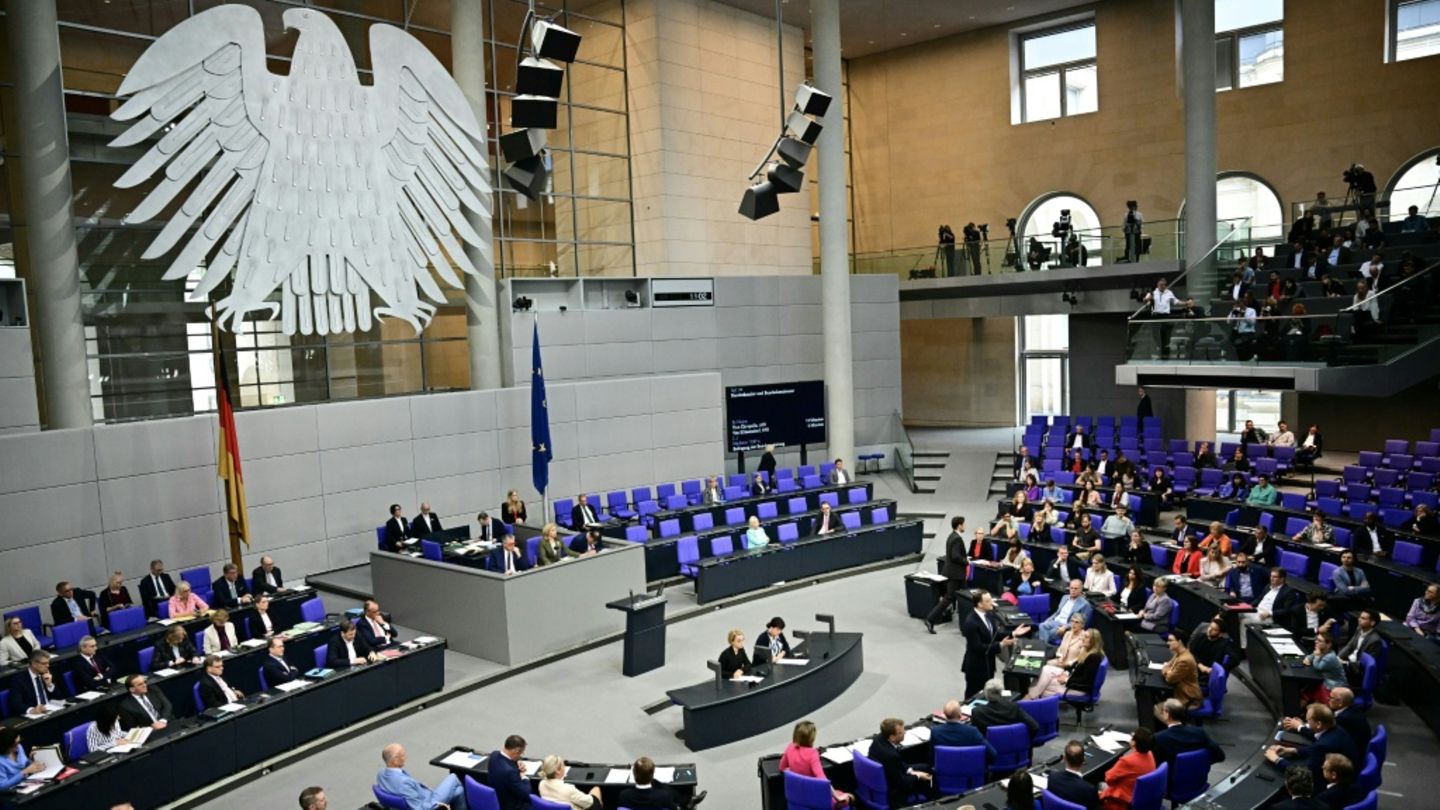I have been working in the news industry for over 6 years, first as a reporter and now as an editor. I have covered politics extensively, and my work has appeared in major newspapers and online news outlets around the world. In addition to my writing, I also contribute regularly to 24 Hours World.
Menu
Bundestag adopted the household with record investments
Categories
Most Read
US President: White House: Trump for a health check on Friday
October 9, 2025
No Comments
The situation at a glance: Trump is considering traveling to Middle East talks this weekend
October 8, 2025
No Comments
Donald Trump: Mayor of Chicago calls US president “unstable”
October 8, 2025
No Comments
Paris before a decision: Lecornu sees a path for a new government in France
October 8, 2025
No Comments
War in Ukraine: Zelensky points to high Russian losses near Pokrovsk
October 8, 2025
No Comments
Latest Posts

Dolly Parton on health rumors: “I’m not dying”
October 9, 2025
No Comments
Message to fans Country legend Dolly Parton: “I’m not dying” Listen to article Copy the current link Add to watchlist Concert cancellations and a dramatic

Ice hockey: Despite 400th NHL goal and 3-0 lead: defeat for Draisaitl
October 9, 2025
No Comments
PierceI am Pierce Boyd, a driven and ambitious professional working in the news industry. I have been writing for 24 Hours Worlds for over five

People: Dolly Parton: “Do I look sick? I work hard here!”
October 9, 2025
No Comments
Lisa HarrisI am an author and journalist who has worked in the entertainment industry for over a decade. I currently work as a news editor
24 Hours Worlds is a comprehensive source of instant world current affairs, offering up-to-the-minute coverage of breaking news and events from around the globe. With a team of experienced journalists and experts on hand 24/7.

